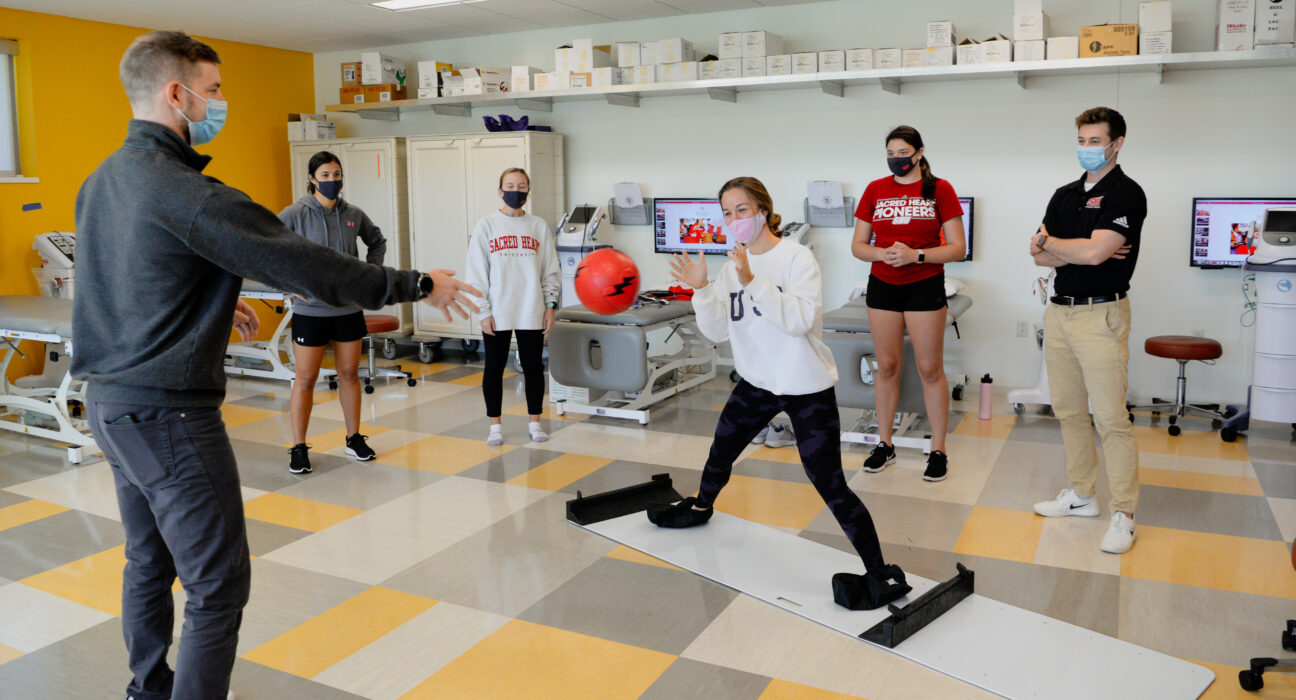It’s easy to focus on the athletes. They grace our screens with impressive performances. Yet, behind every successful athlete is an unsung hero, the athletic trainer.
They make sure athletes stay in top physical and mental shape. In this blog post, we will explore the demands of athletic trainers.
Becoming a sports trainer demands both physical and mental. We will shed light on the essential but often overlooked parts of this profession. Read on to learn more about the athletic trainer requirements.
The Physical Demands of Athletic Training
Athletic trainers often work long hours, including evenings, weekends, and holidays. This demanding schedule requires stamina and physical endurance.
Manual Handling and Physical Strength
From transporting injured athletes to applying treatments, athletic trainers need physical strength. They must handle heavy lifting. They must help athletes with exercise.
Mobility and Flexibility
Athletic trainers must be mobile and flexible. They often need to move fast to respond to emergencies. Their job may require them to run onto the field.
The Mental Demands of Athletic Training
Athletic trainers often deal with high-stress situations. For example, they treat sudden injuries during games. These decisions can greatly impact an athlete’s health and career.
Emotional Resilience
Athletic trainers build strong relationships with athletes. They need emotional resilience to support athletes through injuries, setbacks, and recovery processes.
Continuous Learning and Adaptability
Athletic trainers must stay updated with the latest research, techniques, and technologies. This continuous learning requires mental agility and a commitment to professional development.
Essential Skills and Attributes of Athletic Trainers
Effective communication is vital in this profession. Trainers must tell athletes and others the treatment plans. They must also explain the exercises and injury prevention strategies.
Attention to Detail
Attention to detail is crucial when diagnosing injuries, monitoring progress, and documenting treatments. Small oversights can lead to significant consequences for an athlete’s health and performance.
Compassion and Empathy
Athletic trainers often work with athletes who are in pain or distress. Demonstrating compassion and empathy helps in building trust and providing effective care.
Obtaining a personal trainer and fitness certifications can be highly beneficial. This athletic trainer certification improves their skills. They also broaden their understanding of fitness and rehab techniques.
The Importance of Physical Fitness for Athletic Trainers
Athletic trainers need to stay fit. They do this to meet the demands of their job. Many follow fitness regimens. These include cardio, strength, and flexibility exercises.
Leading by Example
They show athletes the importance of fitness. This can inspire athletes to adhere to their training and rehabilitation programs.
Preventing Occupational Injuries
Maintaining physical fitness helps athletic trainers prevent occupational injuries. Strong muscles and good heart health let them perform their duties well and safely.
Mental Health Strategies for Athletic Trainers
Athletic trainers can enjoy stress management techniques. These include mindfulness, meditation, and deep breathing. These practices can help them stay calm and focused in high-pressure situations.
Professional Support Networks
Having a professional support network is essential for mental well-being. Connecting with colleagues, mentors, and professional organizations provides chances to share experiences.
Work-Life Balance
Achieving a healthy work-life balance is crucial for preventing burnout. Athletic trainers should put self-care first. They should set boundaries and make time for hobbies and activities outside of work.
Understanding the Athletic Trainer Requirements
Athletic trainer requirements are vital to athletes’ success. They offer physical support, medical skills, and emotional encouragement. Athletes can perform their best and avoid injury.
This is due to their relentless dedication to physical exertion and mental resilience. They deserve our utmost respect and acknowledgment.
For more helpful health tips, check out the rest of our site today!





